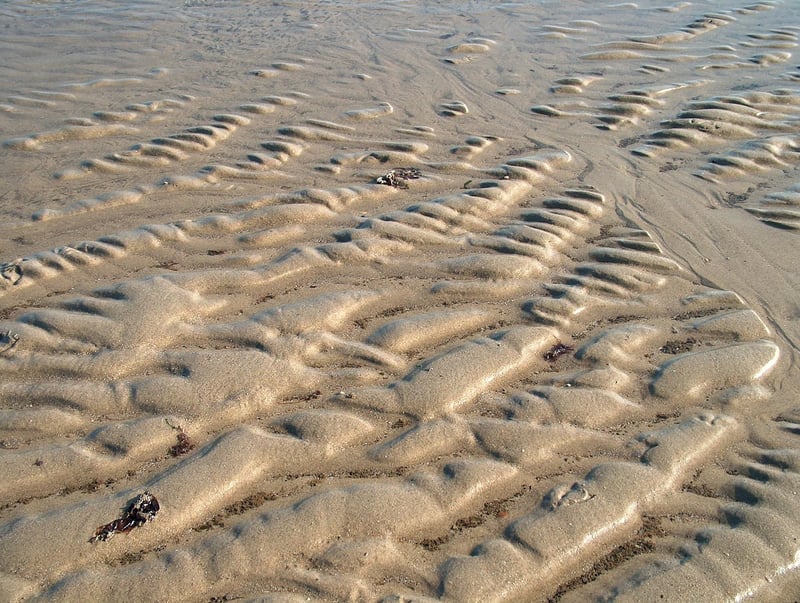Future Exploration
Exploring Different Eras and Future Exploration
Introduction
Exploring different eras allows us to delve into the past and understand how civilizations, cultures, and technologies have evolved over time. These explorations provide valuable insights into our history and help us appreciate the progress we have made as a society. Additionally, looking towards future exploration opens up endless possibilities for discovery and innovation.
Ancient Era
The ancient era, dating back thousands of years, is marked by significant developments in agriculture, architecture, and governance. Civilizations such as the Egyptians, Greeks, and Romans left behind remarkable monuments, artwork, and philosophical ideas that continue to influence us today.

Medieval Era
The medieval era, characterized by feudalism, chivalry, and the rise of empires, saw advancements in art, literature, and warfare. Castles, cathedrals, and manuscripts from this period reflect the cultural richness and complexity of medieval society.

Modern Era
The modern era, shaped by industrialization, globalization, and technological revolutions, has transformed the way we live, work, and communicate. Inventions like the steam engine, electricity, and the internet have redefined human existence and paved the way for the digital age.

Future Exploration
Looking ahead, future exploration holds promise for space travel, artificial intelligence, sustainable energy, and other groundbreaking discoveries. Scientists, engineers, and visionaries are working towards a future where humanity can reach new frontiers, solve pressing challenges, and unlock the mysteries of the universe.

Conclusion
Exploring different eras provides a window into our past, while future exploration offers a glimpse into what lies ahead. By studying our history and embracing innovation, we can shape a better future for generations to come.
